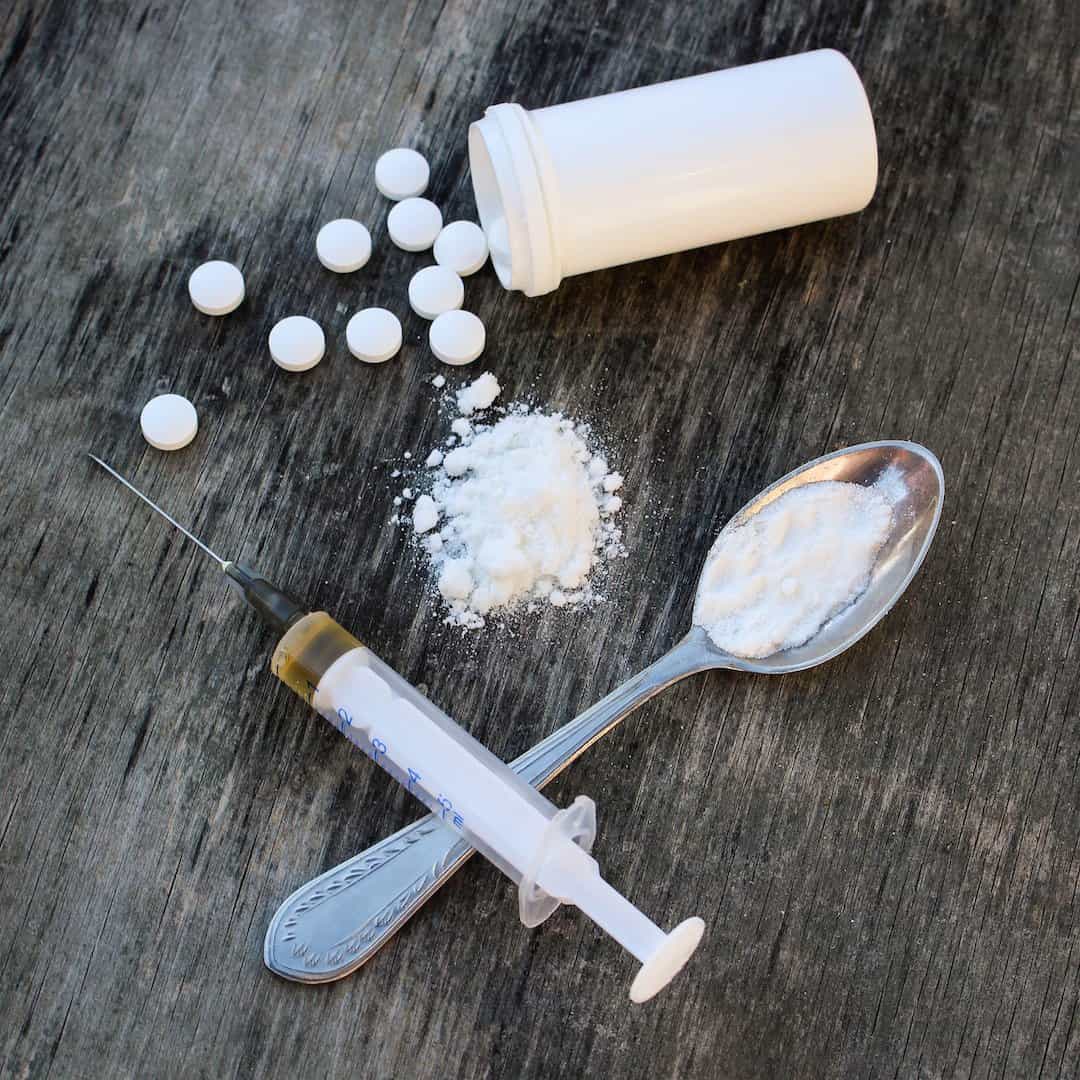On This Page:
- Compulsive Gambling Recovery Statistics Florida
- Compulsive Gambling Recovery Statistics Articles
- Compulsive Gambling Recovery Statistics Definition
- Compulsive Gambling Recovery Statistics Domestic Violence
Rates of gambling addiction for criminal offenders far exceed rates found among non-offenders. On average, an estimated 50 percent of those affected by gambling problems commit crimes in order to support their addiction. College Gambling. Gambling addiction statistics show people between the ages 20 and 30 have the highest rates of problem. Synonyms: Compulsive or Pathological Gambling, Gambling Disorder. Gambling Addiction Signs. Some gambling addiction signs are very much like other types of addiction. On the other hand, most of them are very specific: Keeping it a secret; Money issues; Inability to stop—The person who is a gambler is aware that their behavior is bad.
Approximately 10 million people in the United States live with a gambling addiction problem. A gambling addiction occurs when a person continues to gamble despite negative effects that may impact their finances, relationships, or well-being. Gambling addiction involves compulsions to seek out gambling, betting, and wagering, and the end result can be devastating for the gambler as well as his or her family.1People who struggle with a gambling or shopping problem often hide their issues out of shame and a desire for secrecy.
This often delays recovery and treatment and allows a gambling addiction to lead to other serious effects, including loss of jobs, failed relationships, and severe debt. Problem gambling is often associated with mental health problems, including depression, anxiety, and mood disorders. Gambling problems don’t just affect mental health. People who have struggled with gambling benefit greatly from treatment and often also need family counseling and financial coaching to fully recover.

Christine’s Story
“You have to do the work in all areas of your recovery, including your finances. I chose to not do all the work necessary for a well-rounded recovery. Even though I was no longer actively gambling, my financial and legal troubles told me I still needed to work with a gambling addiction specialist. After my troubles occurred, I worked with a specialist for a year while I went through the legal mess I created.
“Now that I have reached eight and a half years in recovery from gambling addiction and alcohol abuse, I know it is my job, my duty, to be of recovery service to others. Life today is good!”
— Read Christine C.’s story and more at www.HeroesInRecovery.com
The Cost of Problem Gambling in Your Community

Studies have shown that more than $6 billion has been lost each year to gambling addictions. This problem is far-reaching and can cause both individuals and companies to panic and act in ways they would not normally act.1

Gambling addictions also place a severe hardship on prison systems, public assistance programs, and legal systems. There are many consequences of gambling addictions that result in community economic costs.
Some community gambling addiction dangers include:
- Increased rates of unemployment
- Bankruptcy
- Fraud and check forgery
- Forced home sales
- Increased alcohol and drug abuse
- Poor mental and physical health of individuals and families
Compulsive Gambling Recovery Statistics Florida
How Gambling Impacts the Individual and Family
While the addicted person will definitely suffer during a gambling addiction, that person’s family will also face challenges. The stress that the problem gambler experiences may cause irritable behavior, secrecy, and arguments. Calls from creditors and bill collectors erode relationships. Financial strains impact all family members, and strained relationships make the experience difficult for even extended family members, friends, and colleagues.
The children of gambling addicts also suffer in many ways, including:

Compulsive Gambling Recovery Statistics Articles
- Emotional neglect and abandonment (and even physical abandonment) when one parent is consumed in an addiction.
- Stressed and irritable parents may lash out at children angrily, and even if they do not, these children can sense their parents’ tension.
- Children of people with gambling addiction are at higher risk of experiencing their own addictions later in life.
If You Can’t Stop Gambling, Your Life Will Be Forever Changed
The effects of a gambling addiction are often quite clear. A large number of people who engage in compulsive gambling will use credit cards and debit cards to pay casinos or internet gambling organizations. If you engage in problem gambling, you will most likely incur debt, damage your relationships, and lose sight of your goals in life.
Compulsive Gambling Recovery Statistics Definition

There are many ways that an untreated gambling addiction can change your life.
- Family problems are very common. Almost all compulsive gamblers around the world have issues at home with their family because of their addiction.
- Financial devastation is unavoidable. People with a gambling addiction will go to extreme measures to get money to gamble. Many people eventually resort to stealing, taking out large loans, or other desperate means that are out-of-character.
- Job loss is very high among gambling addicts. Gambling addiction may lead you to miss work, or come to work distracted. Gambling addictions will interfere with work relations, promotions, and employment.
Compulsive Gambling Recovery Statistics Domestic Violence
No matter how bad a gambling addiction has become, it is possible to turn things around. Call us for help today at 269-280-4673.